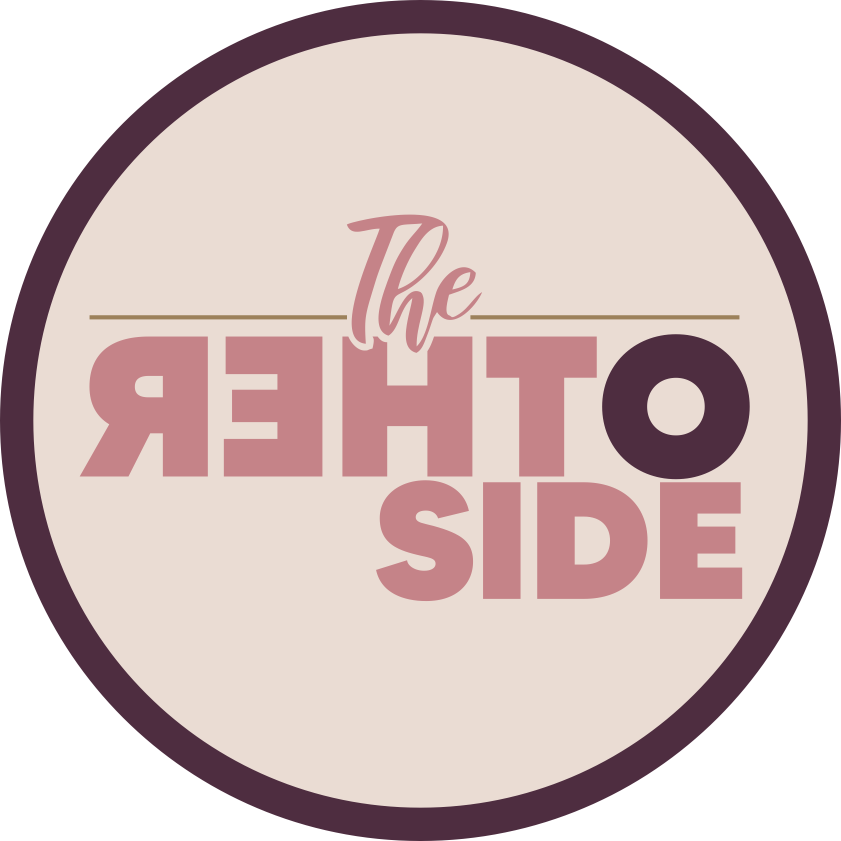Becoming Un-Desperate for Love
Many of us are desperate for love and don’t recognize it. One telltale sign is when you find yourself stuck in the same relationship cycles and patterns that don’t serve you. These cycles leave you feeling hurt, confused, lonely, and sometimes ashamed because you’ve given so much and failed yet again. In your mind, ‘this time will be different’, yet somehow, you’re here again, and again, and again. Be encouraged! There is a way out.
Desperation is driven by unmet needs that no matter how hard we try we can never satisfy. We can’t satisfy them because they aren’t actual needs, they’re needs we’ve convinced ourselves we have, born out of painful childhood experiences; let’s call them phantom needs. Left unchecked, phantom needs lead to a lot of pain as we chase after the unattainable. The truth is we all have the need to be loved, first by our parents/caregivers, then by ourselves; and if we weren’t loved properly as children this need quickly becomes desperation if we don’t happen to stumble upon someone who’s willing love us properly. The challenge many of us face is while some of us may gravitate to the person who shows up willing to love us as we need, many of us will reject that person and gravitate toward the people who love us in similar ways to the people who failed to love us properly as children. This is the cycle, overlooking healthy love for toxic love that feels familiar, out of a need to resolve our childhood dilemma.
Childhood is the space we are given to learn everything we need to take care of ourselves for the remainder of our lives, including how to love and be loved. If you were loved properly as a child, you then love yourself properly and have a generally healthy approach to loving others. If not, the opposite is true. Children learn by example, our initial lesson is to receive love, and as we learn, our priority shifts to loving ourselves. If you were not loved properly as a child, you will miss the cue to begin loving yourself as you have not been given the tools to do so. Instead, you will move into adulthood continuing to seek after the love you missed in childhood from romantic partners instead of recognizing your responsibility to give it to yourself first. Somewhere in our adolescent years (I imagine) is when the shift takes place and the cycle is put in motion, hence the boy crazy/girl crazy teen.
It's also important to note that our perception of love is informed by our childhood experiences. Because we are born with the automatic expectation to receive love, we understand love to be whatever it is we received or witnessed. Thus, no matter what we experienced, we interpret the treatment we received from our caregivers as loving, even if it was completely devoid of love. Generally speaking, if we were neglected as children, we will tolerate and accept neglect in our adult relationships and see it as ‘the way we love each other’. This is how toxic love is born.
Healing this type of trauma isn’t a linear process, meaning, there’s no true first, second, and third step to take. There are, however, steps you can take, in whichever order feels right for you, toward healing so that you no longer chase after love outside of yourself. The goal is for you to rely first on self-love and then look to others for love, as God intended. I’m going to provide you with a numbered process, but again, this isn’t linear; you’ll circle back and skip around according to your own needs. I will say, this process is best undertaken with the help of a trained mental health professional or a trusted friend or family member, so they can reflect what they see to help you make more informed decisions. If you have neither, there are things you can do right now in your own company with as little as a journal and a pen to begin moving the needle in the direction of healthy love; the key is to be honest and reflective with yourself about what you think and feel.
- Become clear about what happened to you. Who hurt you? When? How? What hurt the most about it? What message(s) did that hurt send to you about yourself? How did this hurt change you? Where possible, address your concerns with the people who failed you.
- Learn yourself. We are full of strengths and great characteristics, as well as flaws. Who are you? What do you enjoy? What are your strengths? What are your flaws? What are your values? It’s difficult to love what you don’t know.
- Know your worth. When we are improperly loved in childhood it can cause us to believe that we are not worthy of proper love because something is wrong with us. The truth is there is nothing intrinsically wrong with you, you are lovable just because you are.
- Learn to love yourself. Love is accepting someone exactly as they are, with all of their flaws and being willing to stick it out for life. The easiest way to learn to do this for yourself in adulthood is to surround yourself with people who show you this type of love; people who are willing to hold up the mirror to show you how great you are and how flawed you are, and are willing to love you anyway.
- Embrace aloneness. If you can tolerate, and even appreciate spending time alone, it’ll become difficult to settle for time with just anyone. Quality time will need to be quality.
- Become clear about what you want out of a relationship. Do you want to be needed or wanted in relationships? As healthy bonding occurs, the need for one another will increase as you grow to depend on one another; however, at the outset of a relationship being needed can create a dependency that can foster resentment down the line
- Address the symptoms of the trauma. One of the most common symptoms of childhood relational trauma is fantasizing. Many of us meet someone, and within weeks, or even days the fantasies begin. You begin to envision a future with this person without the evidence that they are a suitable mate. To address this, bring yourself back to the present, what behaviors do they display? What do these behaviors say about who they are? Don’t assume anything is true about them; if you don’t know, ask. Be clear and honest with yourself about the red flags that are present? If you’re making excuses for them, your fantasies have become stronger than your reality.
This is by no means an exhaustive list, but it’s a good start. The goal here is to work through, process, or even resolve your childhood trauma around improper love so you can clear out the clutter and become more intentional about the love you give yourself and the love you expect to receive from others. By doing this, you become more capable of showing up for yourself and others from a place of worthiness and confidence, rather than from desperation. The truth is, from the moment of your conception you were lovable and worthy of being loved properly. You have the power to shift your mindset so you can achieve the loving relationships you were born to have.
If you’re in need of support, I invite you to join the waitlist for a community I’m developing to support singles in their quest for healthy love. Visit https://theothersidetherapy.com/news and enter your email address to join the waitlist under the paragraph entitled ‘Hey’. Additionally, if you’re interested in therapy, I have a few slots available for individuals and couples. Visit the website and book a free 15-minute consultation to determine if we’re a good fit for therapy.
Kerrie Jones,
Associate Marriage and Family Therapist (#143151)
Associate Professional Clinical Counselor (#15245)
Supervised by Dr. Glenna Anderson, LCSW (272046)




